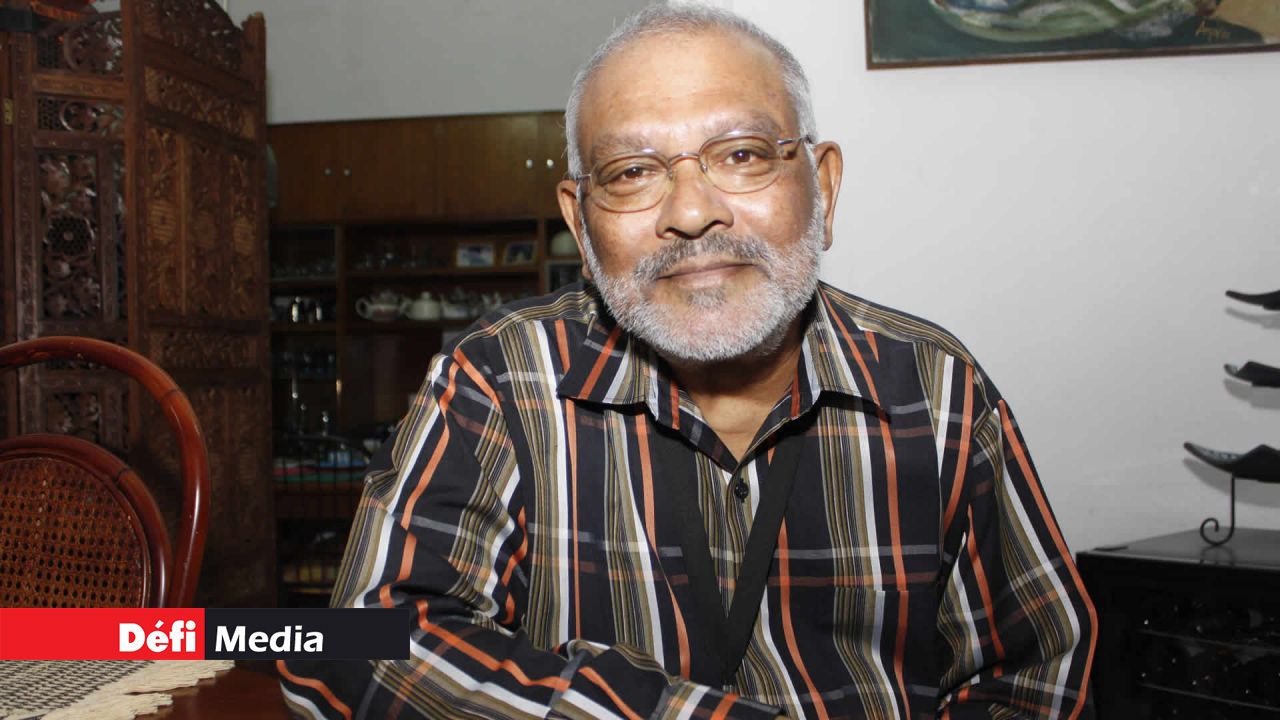
I promised myself not to write on this issue again, feeling that over a period of more than 50 years, I have been repeating myself ‘ad nauseam’. However, a few days ago, after listening to a debate on the ‘so-called’ indiscipline and unruliness of our youths at school on a local private radio station, I realised that most schoolteachers and principals haven’t got a clue about what is really happening and consequently, a string of outdated clichés are spewed out, wrapped in a semblance of wisdom.
QUANTITY WITHOUT QUALITY
Soon, formal schooling for post-toddlers, bipeds and young teenagers will be altogether free and accessible to one and all to the great satisfaction of successful ballot-boxes, of the teaching personnel who will enjoy employment security and of parents freed from childcare and thus able to enter income-generating employment. What a happy world! BUT ...! Unfortunately, there is a ‘but’.
Rampant boredom and its Siamese twin, unruliness, will go on the rise, n’en deplaise à nos gouvernants. Pa ankoler, Misie-Madam!
WHY?
Simply because we prefer to ignore priorities to satisfy different vested interests.
What is the main aim of BASIC SCHOOLING? Is it not basic LITERACY and NUMERACY?
HOW IS IT DEFINED BY UNESCO? (https://www.unesco.org/en/literacy/need-know)
“Acquiring literacy is not a one-off act. Beyond its conventional concept as a set of reading, writing and counting skills, literacy is now understood as a means of identification, understanding, interpretation, creation, and communication in an increasingly digital, text-mediated, information-rich and fast-changing world. Literacy is a continuum of learning and proficiency in reading, writing and using numbers throughout life and is part of a larger set of skills, which include digital skills, media literacy, education for sustainable development and global citizenship as well as job-specific skills. Literacy skills themselves are expanding and evolving as people engage more and more with information and learning through digital technology.”
WHAT ARE THE EFFECTS OF LITERACY ACCORDING TO UNESCO?
“Literacy empowers and liberates people. Beyond its importance as part of the right to education, literacy improves lives by expanding capabilities which in turn reduces poverty, increases participation in the labour market and has positive effects on health and sustainable development. Women empowered by literacy have a positive ripple effect on all aspects of development. They have greater life choices for themselves and an immediate impact on the health and education of their families, and in particular, the education of girl children.”
WHAT IS THE STARTING POINT?
Basic literacy and numeracy must start in the mother tongue of the child and not in 1, 2 or more foreign and ancestral languages. What is a mother tongue? It is the first language (L1) which children learn while still in the mothers’ womb. Remember that our DNA is programmed with the basics of ‘universal grammar’ and in our brain there is an area known as the Broca’s area which generates speech. The oral form of our first language/mother tongue comes naturally but reading and writing even our first language is an entirely different matter which demands great efforts, schooling and expert coaching. Just imagine the stress and trauma (exhaustion, confusion, sadness, anxiety, agitation, numbness ...) of children being forced to master basic literacy and numeracy in one or more languages they do not even master. Are we not all guilty of crime against our own children?
BILINGUAL LITERACY
Know the resources at your disposal if you want to develop. We are very fortunate to have as our national language (Mauritian/MC) and our official language (English) TWO creole languages which are both analytic (as opposed to French, which is synthetic) with very close syntactic affinities. A well-designed literacy programme can make all Mauritians FUNCTIONALLY literate in both languages.
Why dilly-dally? Is it because the political elite wants to keep us in darkness and ignorance and feather the beds of their protégés? I can see no other reason. I only wish they could and would prove me wrong.
WHAT ABOUT FRENCH?
President Macron recently admitted that French had already lost the battle against English. French official documents are more and more bilingual - in French and English. European leaders use English to discuss European affairs. English is already a universal language. Are we not lucky to have two creole languages as our national, official and universal language? When will we learn to count our blessings?
French, being a very complicated synthetic-inflecting language in which syntactic relations within sentences are expressed by inflection (the change in the form of a word that indicates distinctions of tense, person, gender, number, mood, voice, and case), is the root-cause of ‘illetrisme’ in France.
It is a monstrous mistake to introduce it in preprimary and primary classes as a medium to acquire literacy and numeracy when it should enter the curriculum at the start of secondary education as a ‘foreign’ language. Remember that it is the first language (L1) of only 3.8% of the population, while Mauritian (Mauritian Creole/MC) is the L1 of 90% of the population and the L2 of the remaining 10%. The Catholic Church and the printed and electronic media are, through their Francophone-Francophile bias, to blame. Will they change? When? “KAN POUL GAGN LEDAN!”
A NEW LANGUAGE POLICY
Since 1954, primary education has been made free and accessible to most children of school-going age; in 1976, secondary education was made free and accessible to most of our children; in the 80’s PREVOC was introduced to look after children in difficulty who were dropping out of the system; recently, the EXTENDED PROGRAMME was introduced to replace PREVOC.
Next year, as from January 2024, preprimary schools will become free and accessible. The state education budget is enormous but are we getting value for money? Are schools delivering the ‘goods’ promised? Or have they become ‘garderie’ to keep children off the street?
75% of our children, after 9-10 years at school – SOF BAN LEKOL – remain non-literate and non-numerate. And our irresponsible political and socio-cultural leaders still refuse to admit that a new language policy in education and nation-building is IMPERATIVE. Their vested interests have priority over everything else.
BOREDOM GALORE
For most children, nothing exciting happens at school. Boredom has ‘sovereign sway and masterdom’. At the end of 9-10 years of frustration, they will, most of them, end up in a situation worse than they knew before crossing the school threshold initially.
If bilingual literacy in Mauritian and English were to support the development of a truly Mauritian-Republican National Culture in terms of national literature, drama, music, science and technology; if French and/or ancestral languages were introduced at a later stage when children have mastered bilingual literacy and have reached a certain degree of maturity, then school would become exciting, rewarding and life-enhancing.
AND BOREDOM WOULD FACE SOME DECLINE, HOPEFULLY.
DEV VIRAHSAWMY
01.04.23
 J'aime
J'aime














